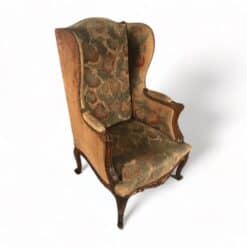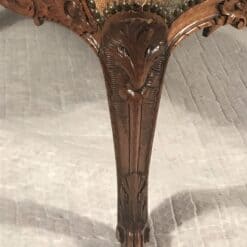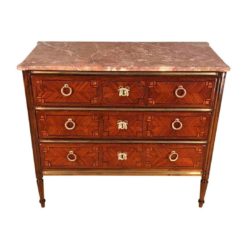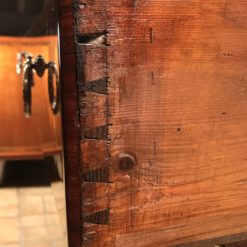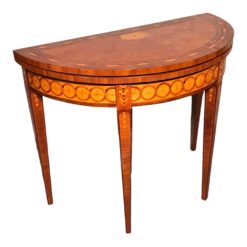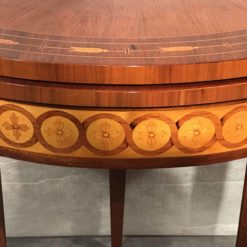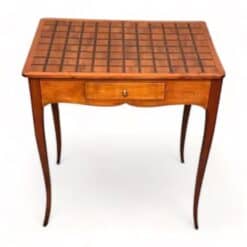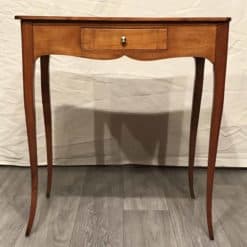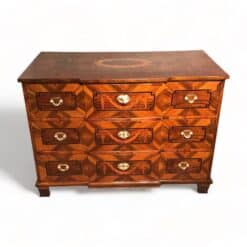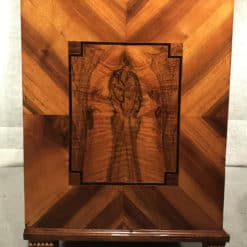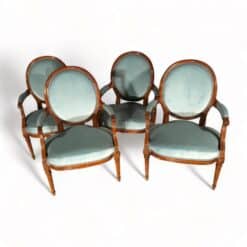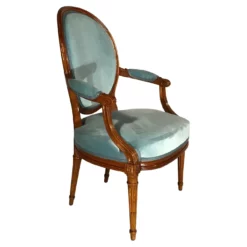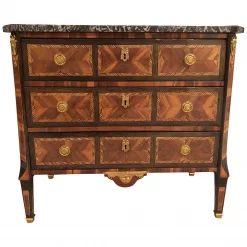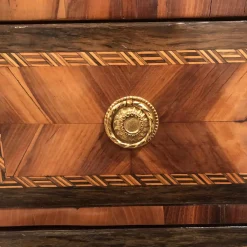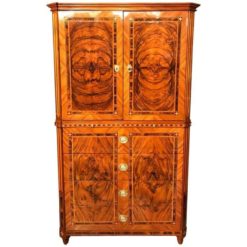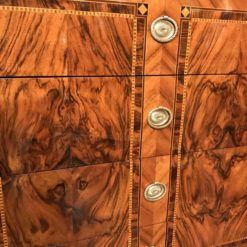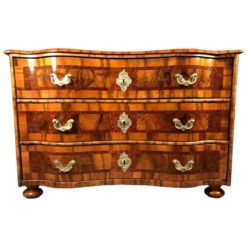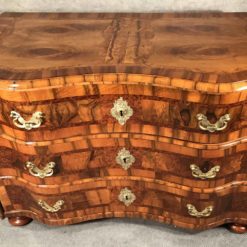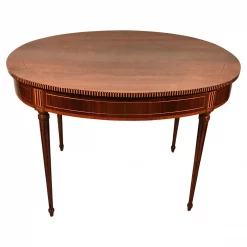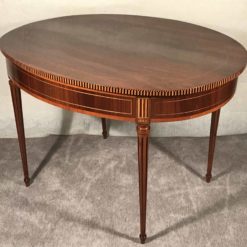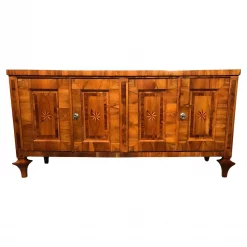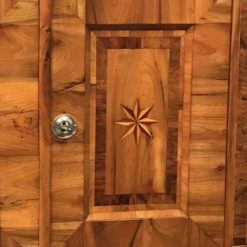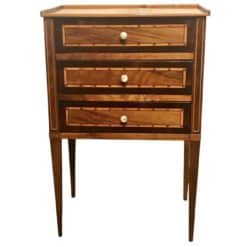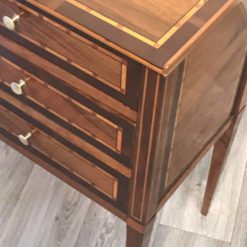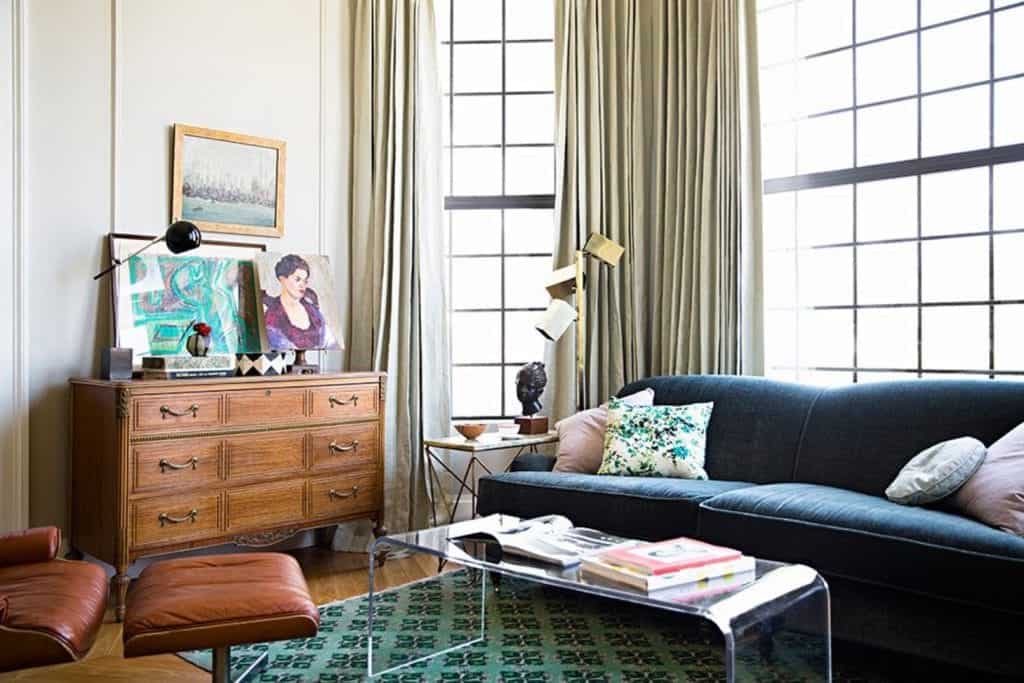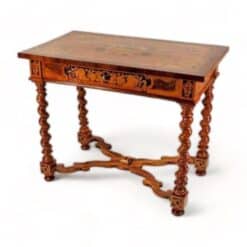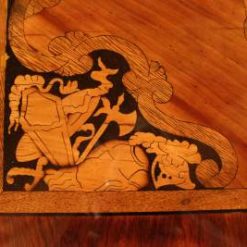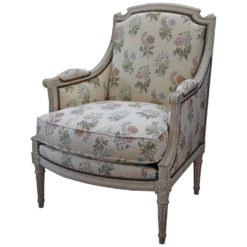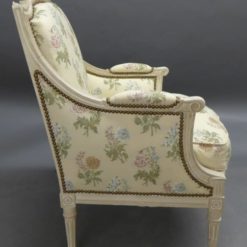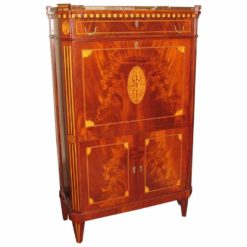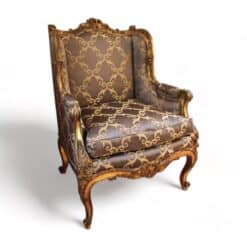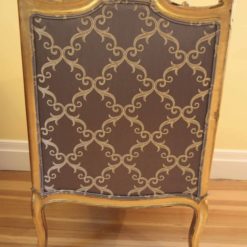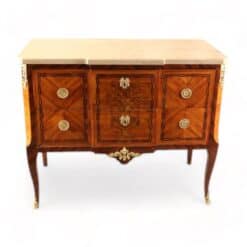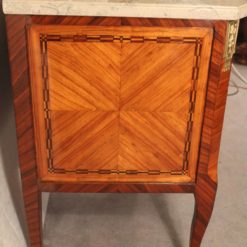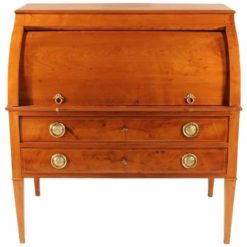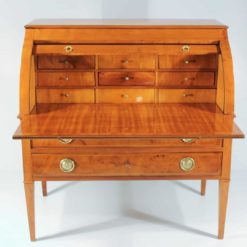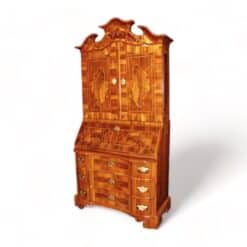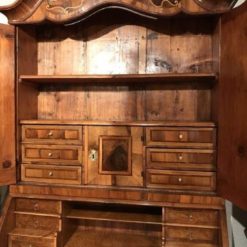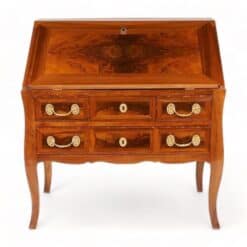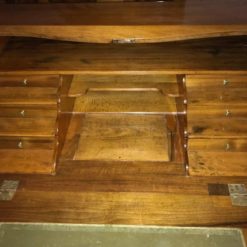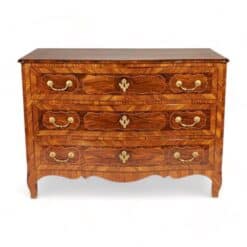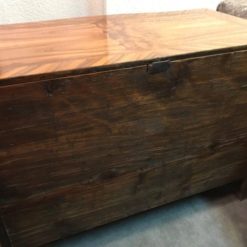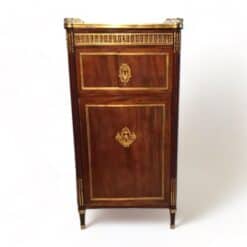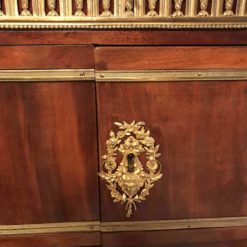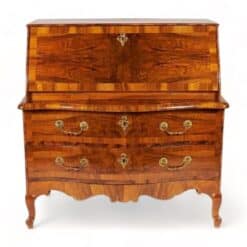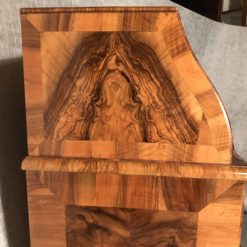Best Sellers
How-To & Inspiration
Baroque Period and Louis XVI Furniture Decorating ideas
Baroque Period Home Decorating Tips
The Baroque period stretched from about 1600 to 1750. Throughout the 150 years, opulence dominated and revolutionized the arts, music, fashion, architecture, and more.
King Louis XIV is considered the originator of the Baroque style due to his lavish lifestyle. Consequently, the Palace of Versaille became a testament to this, containing Rococo artwork, bronze statues, and elaborate tapestries.
Massive furniture adorned in gold, oversized mirrors encompassed by detailed plated frames, crystal candelabras, and sumptuous fabrics characterize the Baroque design. By all means, this style expresses might and glory.
While some of the more extreme elements may never come back in fashion, some features, like Baroque furniture, are tried-and-true interior design favorites.
Baroque furniture is as beautiful as it is well-made. For one thing, only the most highly trained cabinetmakers produced these pieces. Before mechanization, artisans painstakingly crafted furniture by hand.
Most furniture from this time was made only for the wealthiest patrons. For this reason, the quality of Baroque furniture directly reflects the aristocratic desire for perfection and opulence.
Now, you can enjoy a piece of history for yourself. Your home is your palace — decorate like a royal with these Baroque period decorating ideas.
Louis XVI Cylinder Desk
The cabinetmaker used a beautiful walnut veneer on the outside and inside for this beautiful Louis XVI cylinder desk.
Furthermore, the outside of the roll-top contains embellishments with a mirrored burled walnut veneer. The inside has four small drawers and two open compartments. The two lower drawers offer a lot of storage space.
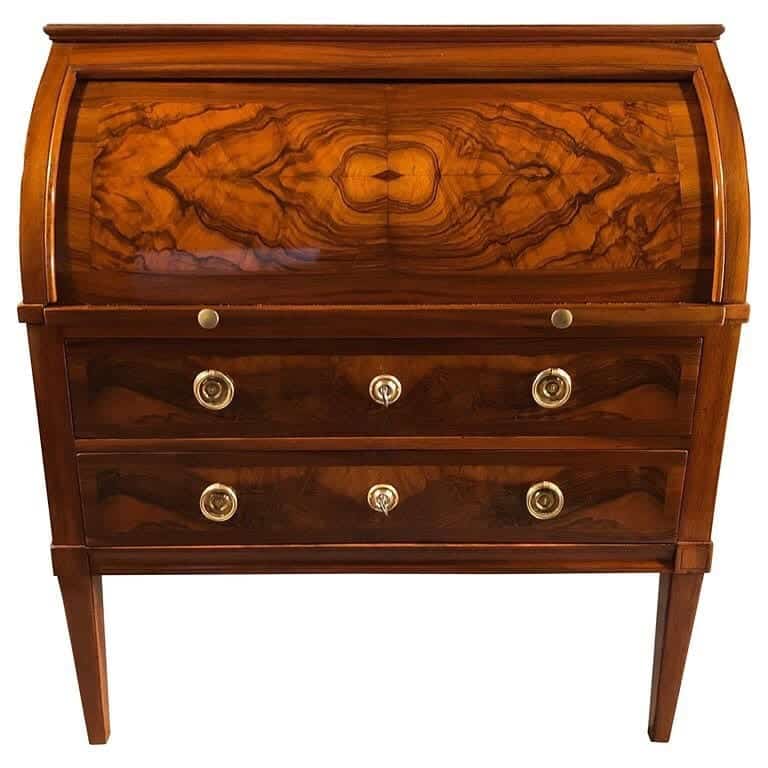
The desk can be used in a study but would also make a great addition to an entryway or living room area. The delicate bronze hardware adds a bright contrast to the dark wood grain.
Hanging eye-catching, contemporary art alongside antique wood furniture is a great way to add character and interest to any space. A bold abstract painting over the desk creates a sharp focal point.
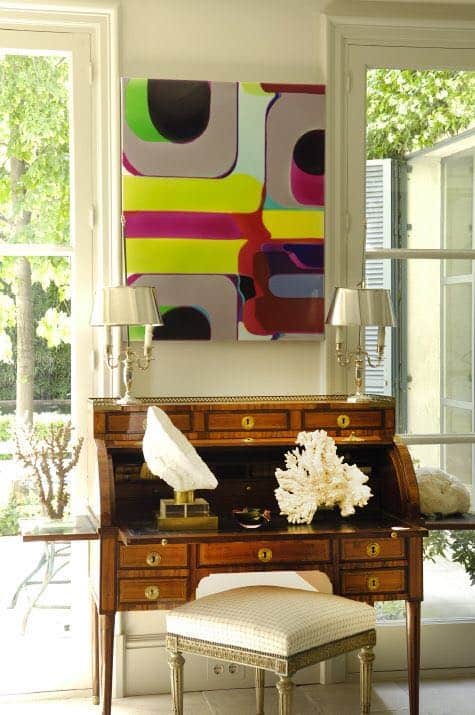
Louis XVI Drop Front Desk
Beautiful mirrored walnut root veneer and carved rosettes ornament on the corners embellish this charming Louis XVI drop front desk.
Above the writing surface is one drawer, and the lower part has two doors. Behind are a total of eight drawers and one shelf. It has an exquisite rose-colored marble top.
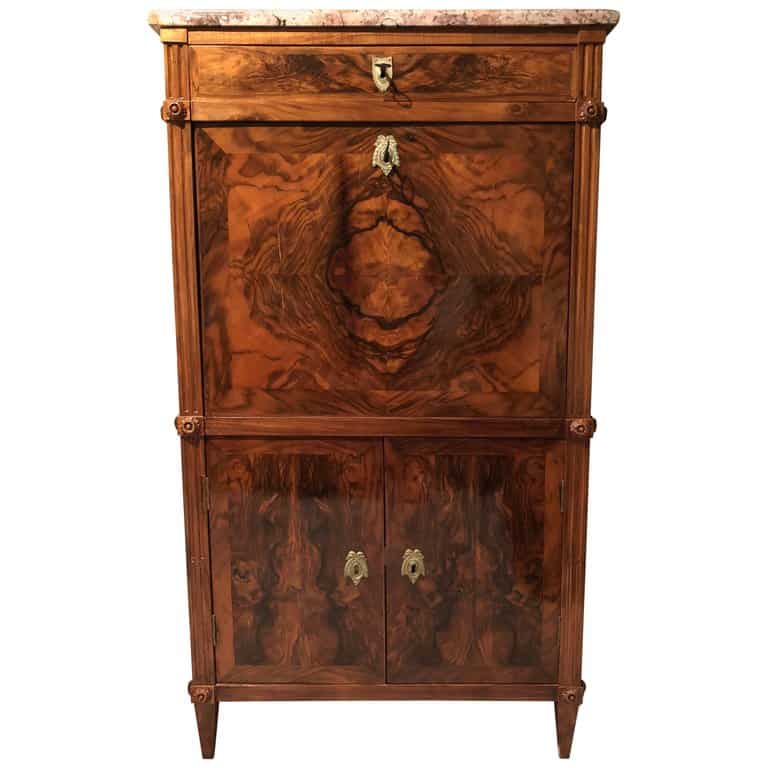
At first glance, this imposing piece of 18th century furniture seems more cabinet than desk. However, it is narrow enough to fit in a smaller area and create a comfortable nook for work or leisure.
The lamp on top of the piece is a perfect way to lighten the space and offset the illusion of crowding sometimes caused by larger, darker furniture.
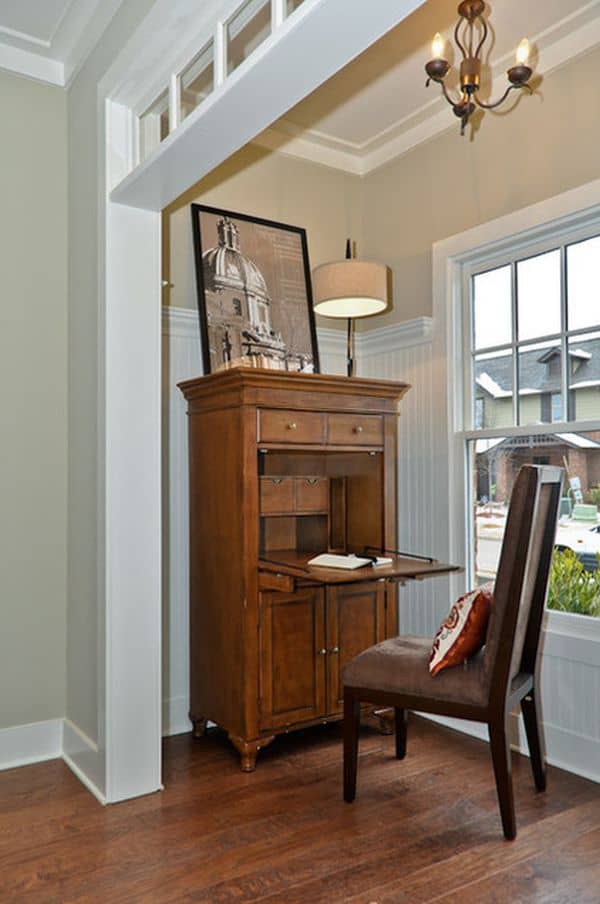
French Transformation Piece
The special feature of this unique and extraordinary piece hides underneath its top. The top can lift and reveal a secret secretaire.
Additionally, the secretaire compartment lifts and exposes six small drawers. Red leather covers the writing surface, which conveniently folds out.
Moreover, this intriguing piece stands out with its exquisite rosewood, satinwood, and kingwood flower marquetry on the front, sides, and top.
There is one drawer in the front and two additional drawers on each side of the chest. Original bronze fittings embellish the commode, and on the back is an unreadable manufacturer stamp.
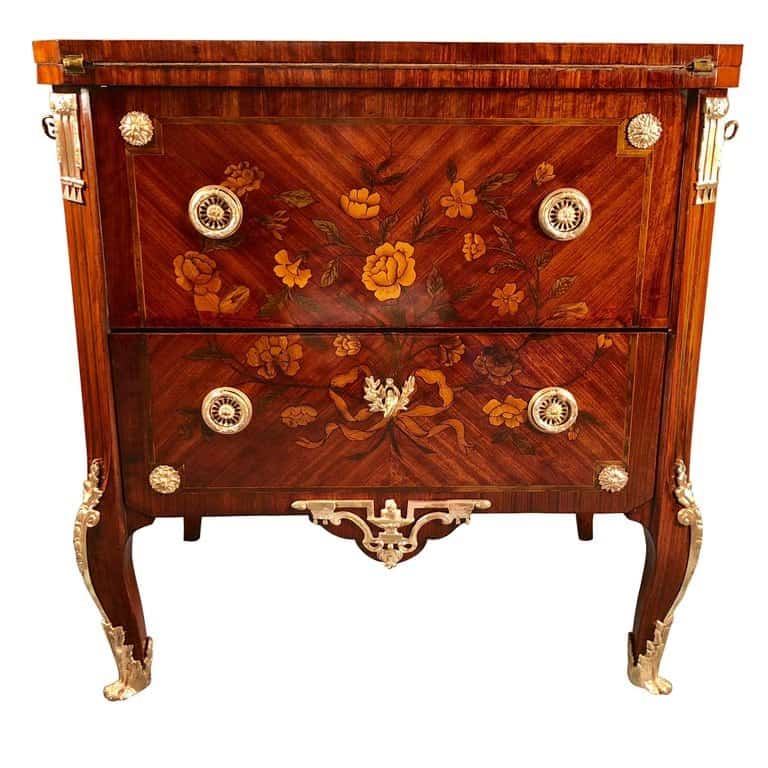
This incredible piece is equally practical, providing storage, a writing surface, and decor. Although it functions well in a hall, entrance, or living room, it could also work as a desk in your home office.
Sometimes, it’s easy to forget about spots in the living area that aren’t within sight of the room’s main focal point or general seating.
But here, the commode’s dark wood stands out against bright wall colors, carpet, and accessories. Metallic and mirrored accents accentuate the hardware and compliment the forms in the piece.
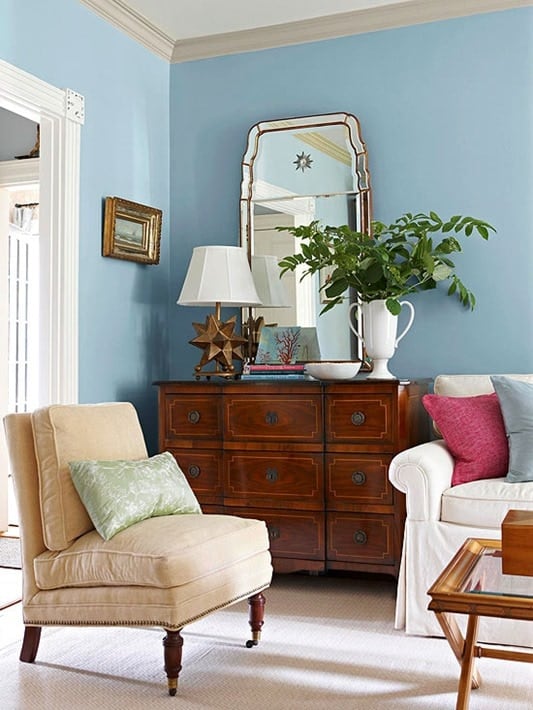
Baroque chest of drawers
This baroque chest of drawers is an absolute eye-catcher. It is an example of the quality and love for detail of 18th-century German cabinetmakers.
During the 17th century, the Baroque style had a marked effect on furniture design throughout western Europe. Large wardrobes, cupboards, and cabinets had twisted columns, broken pediments, and heavy moldings.
In Baroque furniture, the details relate to the whole piece. Instead of a framework of unrelated surfaces, each detail contributes to the harmonious movement of the overall design.
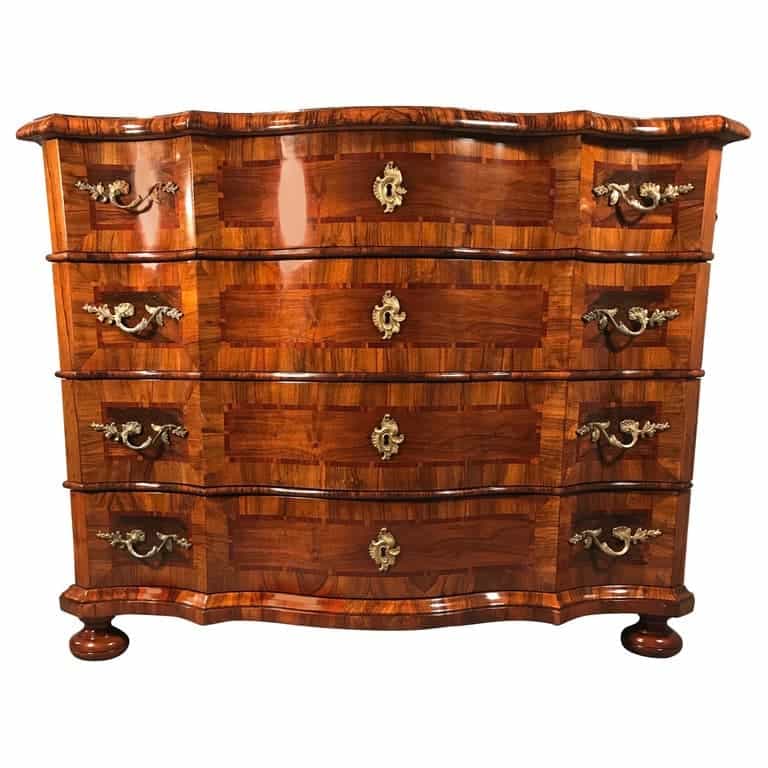
People often treat the hallway as an afterthought in home decor. After all, what could you possibly do with such a narrow space?
But a chest of drawers like this one is a perfect way to keep spare blankets or linens and lengthen the space. A delicate lamp or chandelier positioned over the furniture will brighten space and compliment the gilt bronze mounts
Additionally, hanging a piece of artwork, or even creating a gallery wall of mirrors, brings the eye up and helps space appear larger.
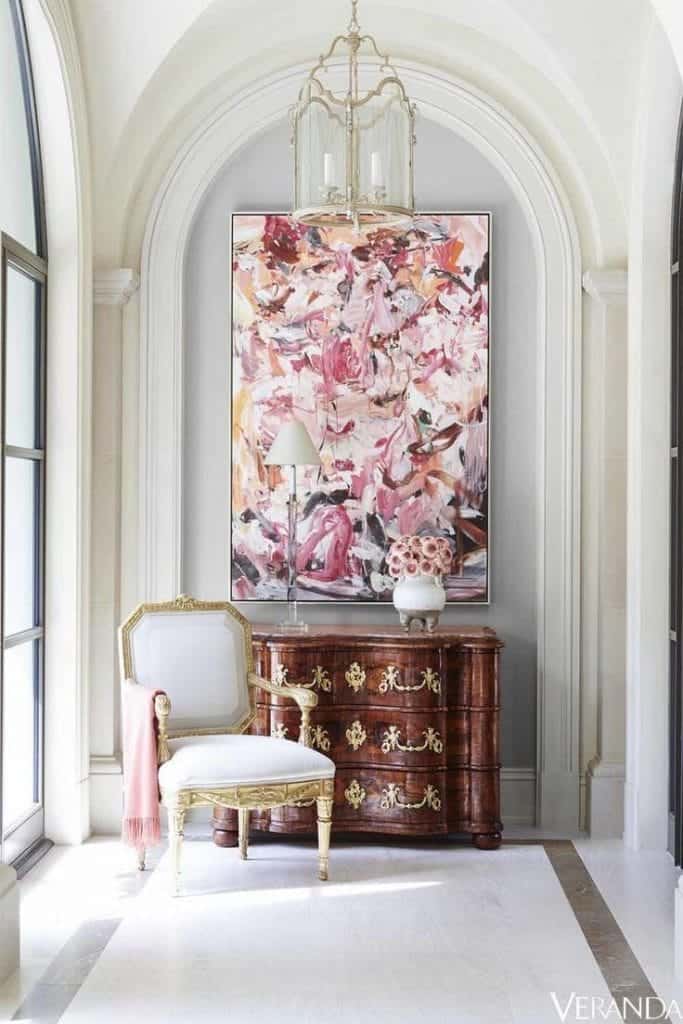
18th-century Baroque Cabinet
Skillfully constructed from carved oak, this German-made cabinet has a top section that features glass doors and interior shelves to display your favorite collectibles. The bottom section of the cabinet contains three large drawers.
Baroque period cabinets are sizeable pieces. But the intricate carvings adorning the top and bottom of the case add a delicate appearance.
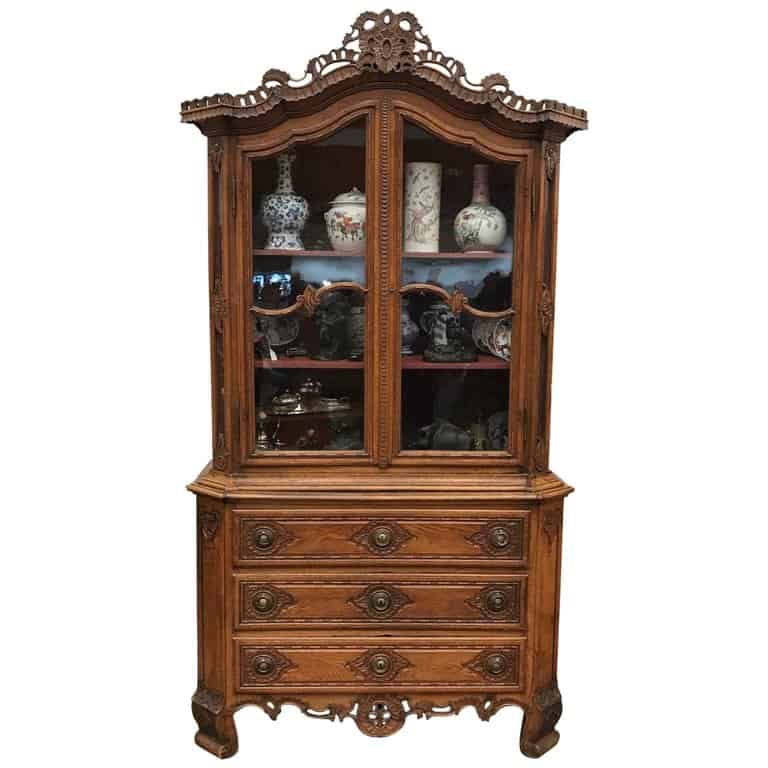
In this photo, bright hues draw attention to the cabinet’s superb craftsmanship and its contents. Of course, you can experiment with different looks, depending on what you keep in the display case.
The detailing of the case easily adds a whimsical yet sophisticated touch to your room. Compliment the curves with an equally ornate frame, or find a bold rug with similar forms.
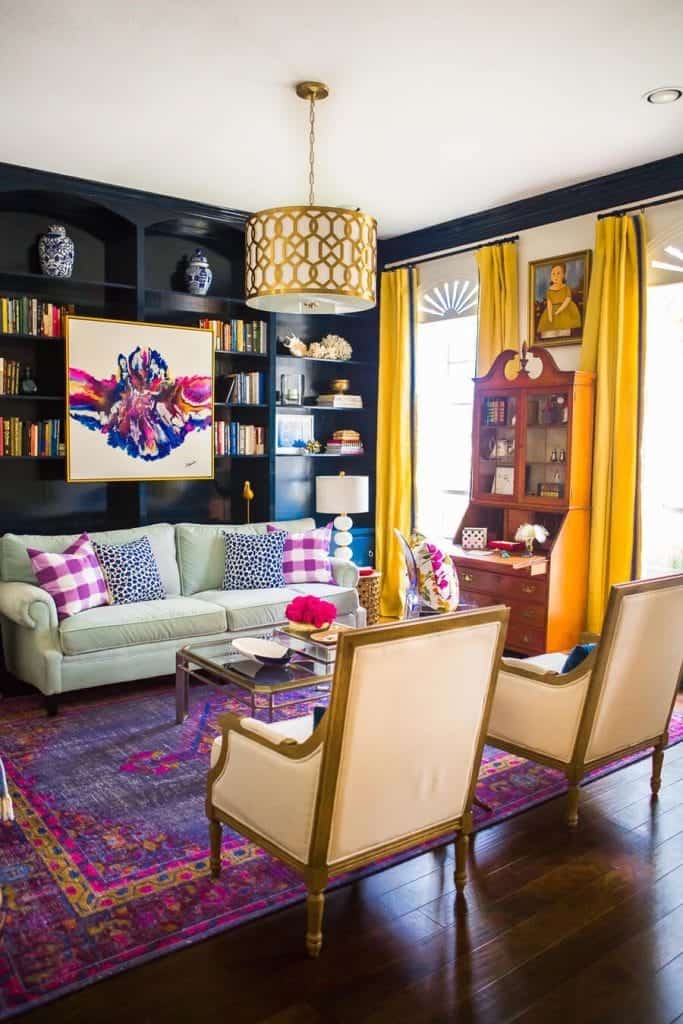
Louis XVI Desk
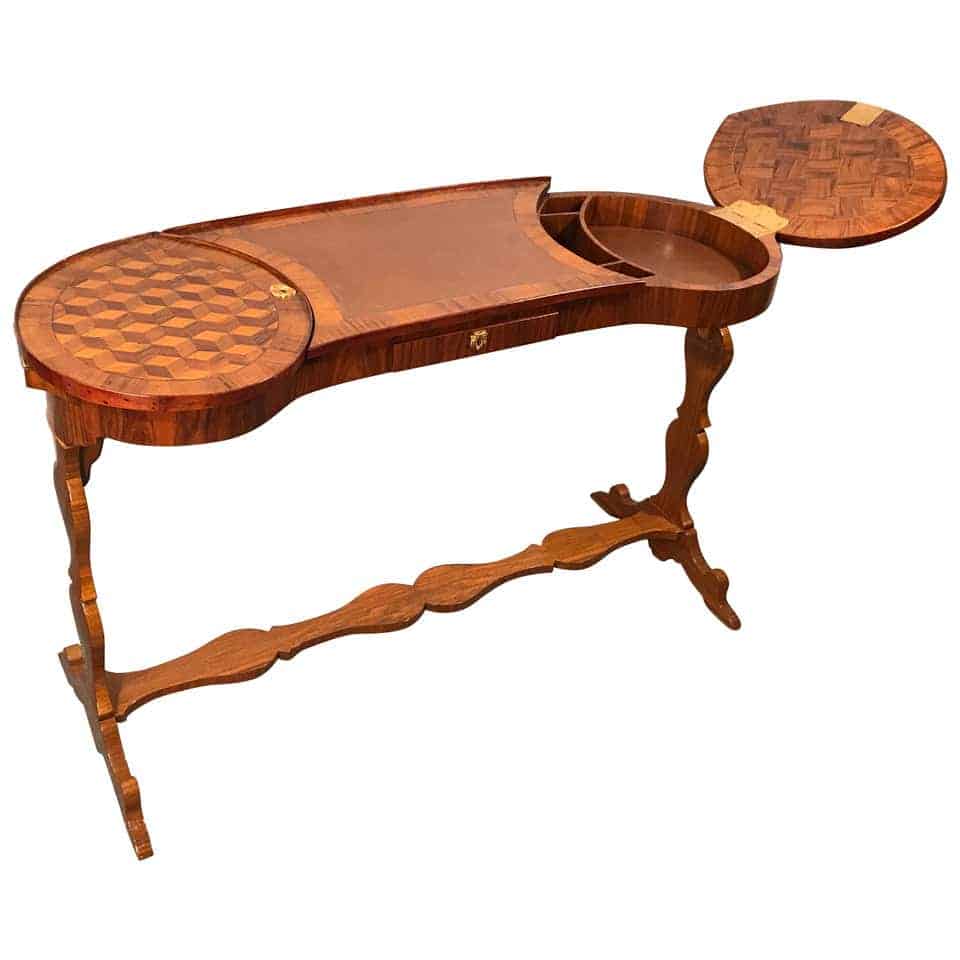
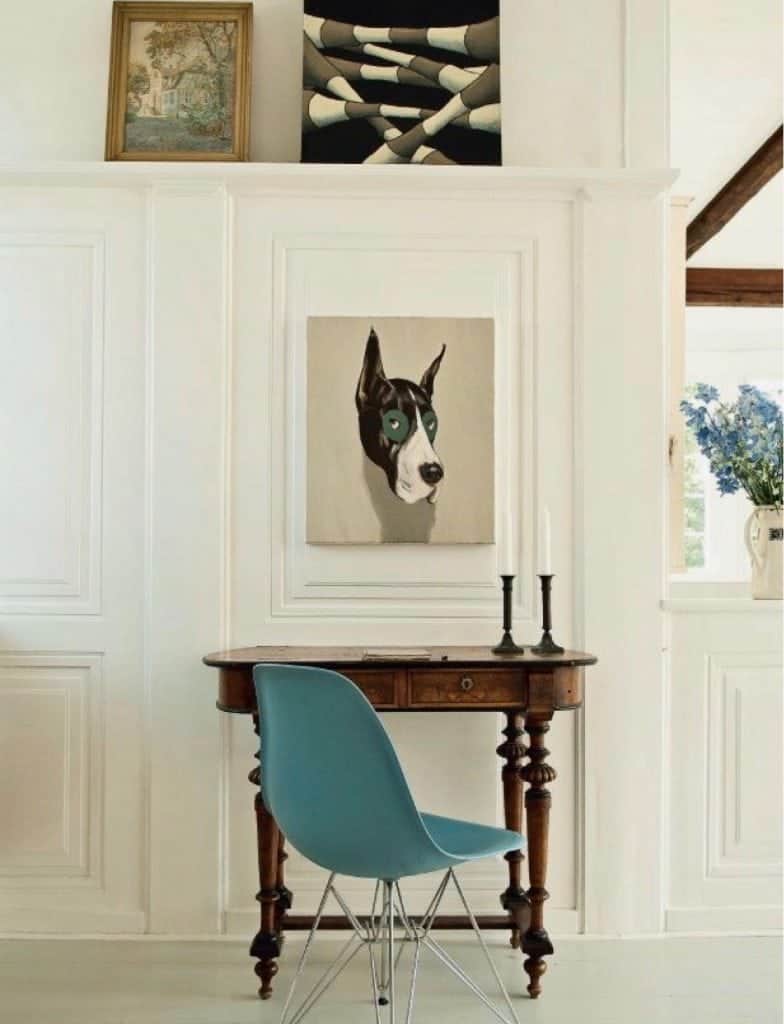
“Sleek” may not be the word people think of when they imagine 18th-century design, but the kidney shape lends itself to a myriad of contemporary designs thanks to its smooth shape.
This desk is small and relatively simple in its construction so that it won’t overwhelm the room. Accessories like square-shaped mirrors or frames bring out the geometric shapes in the marquetry.
Pair this desk with a contemporary chair or stool that follows the desk’s curving lines.
German Baroque Table
This unique South German Baroque table features inlaid walnut veneer. The delicate intarsia consists of cherry wood, kingwood, walnut, and elm.
They depict presentations of Roman weapons and armor on the sides and top. The central medallion on the top surface shows a presentation of two commanders in armor while a curved stretcher joins the four twisted legs.
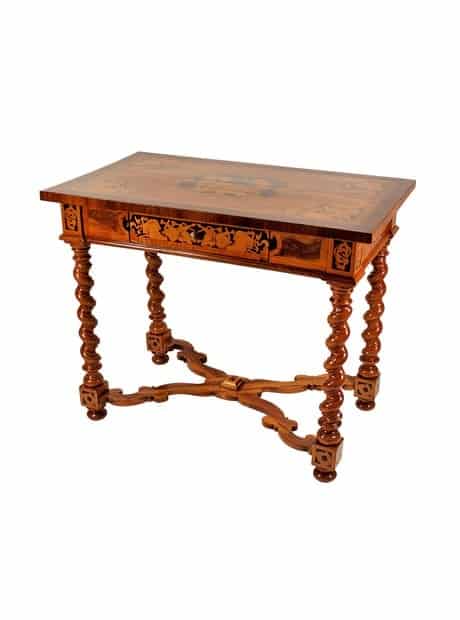
Fusing contrasting elements in a room is a popular way to modernize Baroque period furniture. Couple an antique wood desk or commode with a Lucite chair for a stunning blend of old and new. Likewise, adding a contemporary lamp or two and some bold accents will also brighten the area.
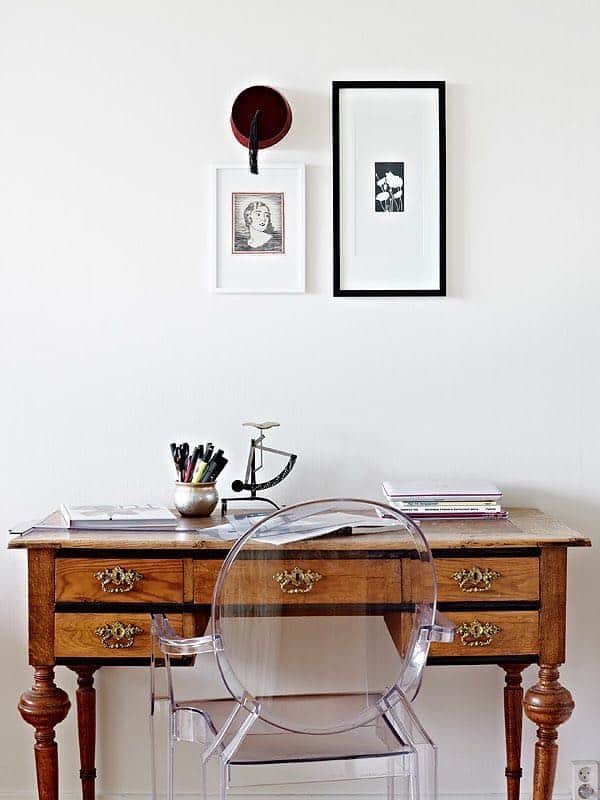
Conclusion
Cabinetmakers designed Baroque furniture to make a statement. In the same way, it will add plenty of personality to your home. Besides, there are so many ways to experiment with modern elements of Baroque period furniture!
Styylish Furniture, Design Tips, and More
Visit the Shop for more handcrafted, one-of-a-kind antique wood furniture.
You can also find more design tips and furniture history in the Blog.

